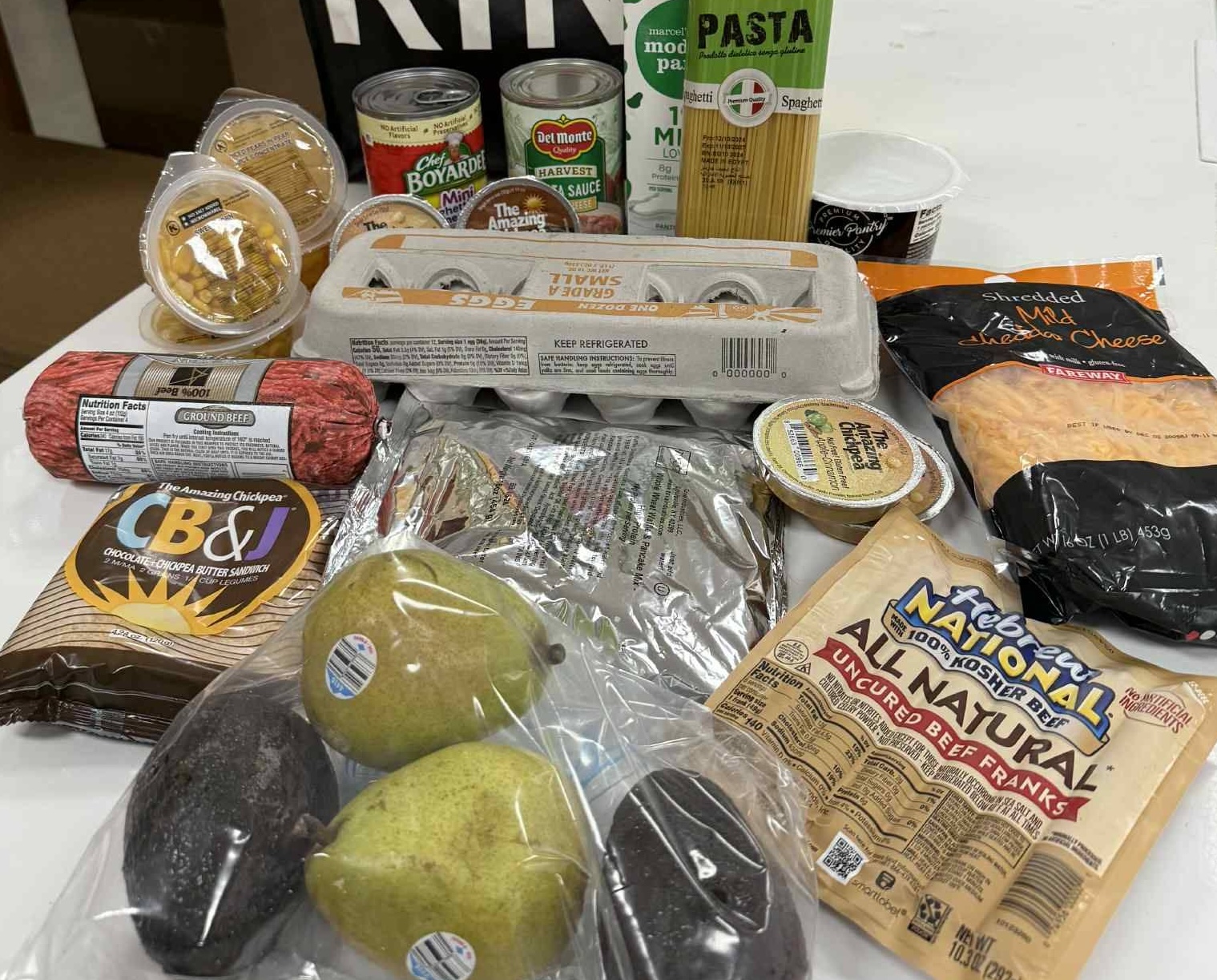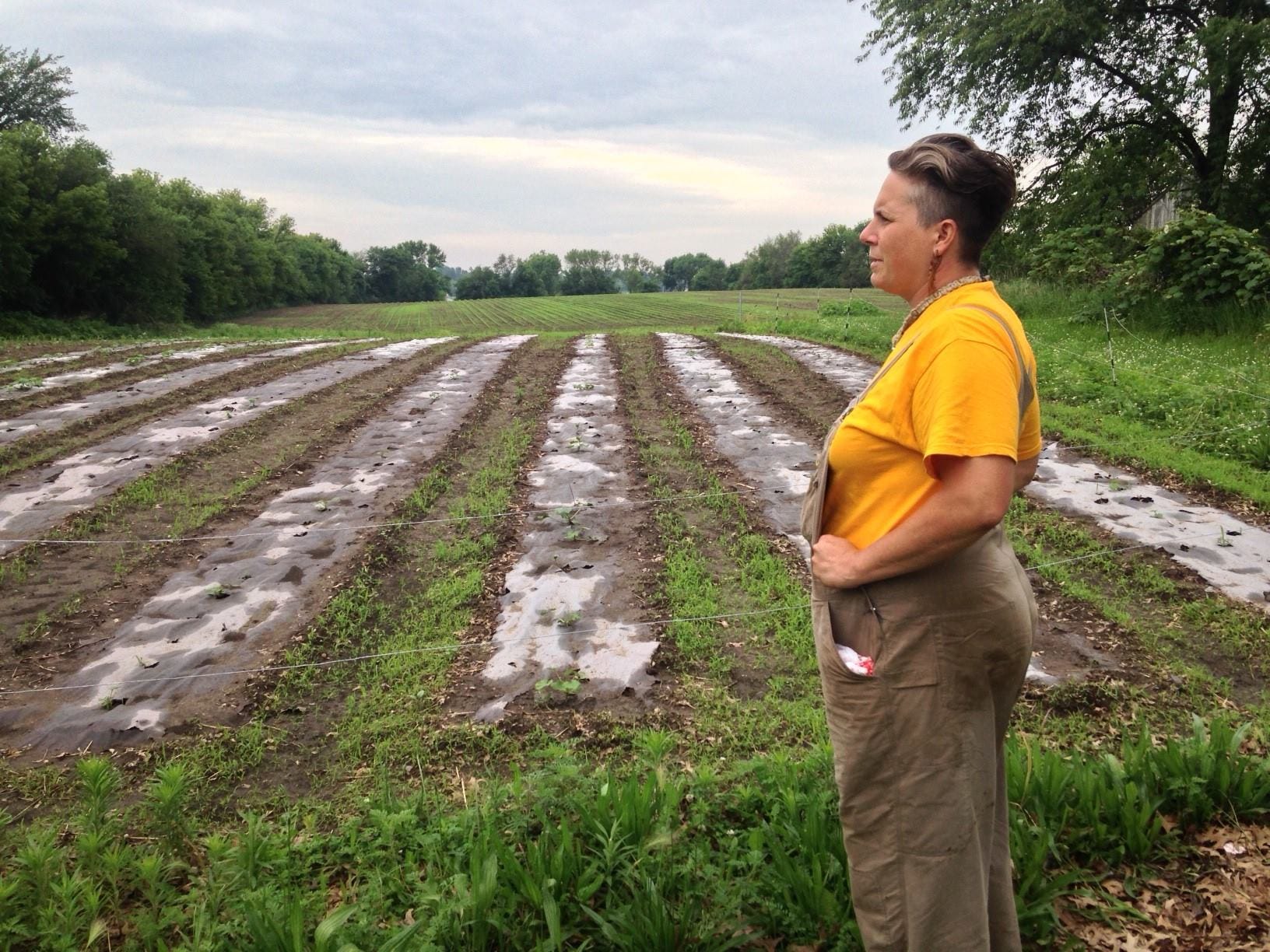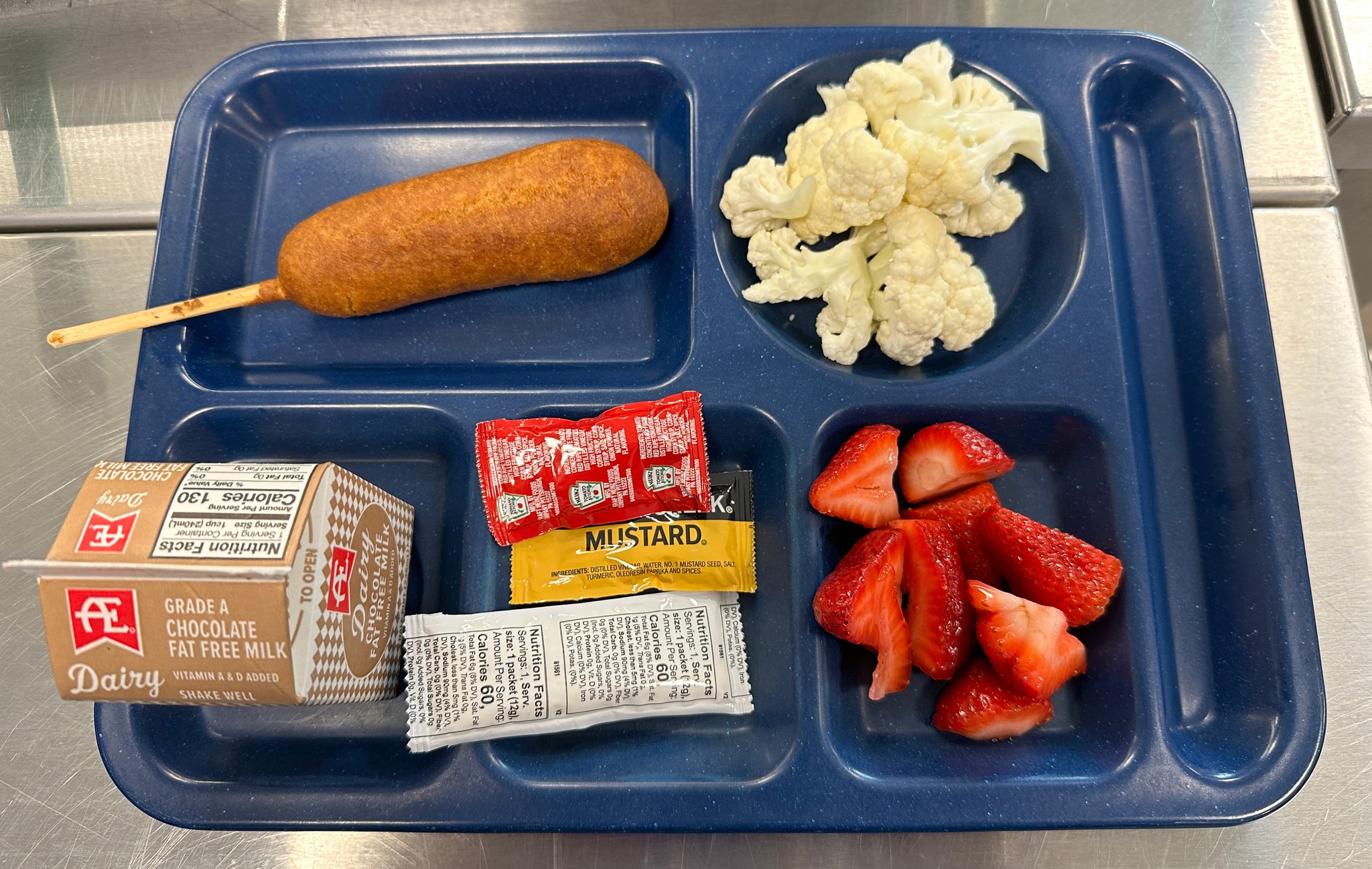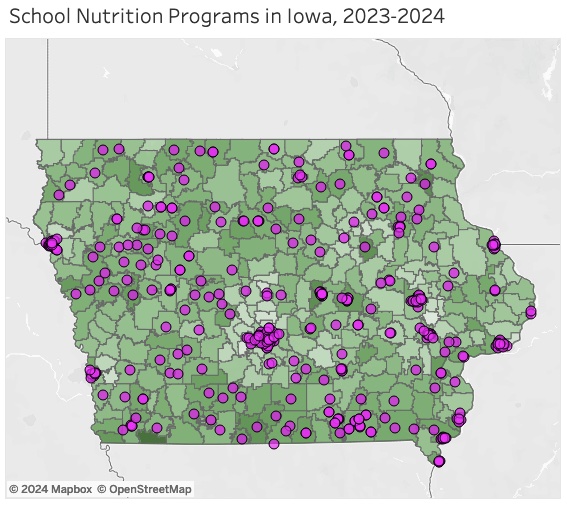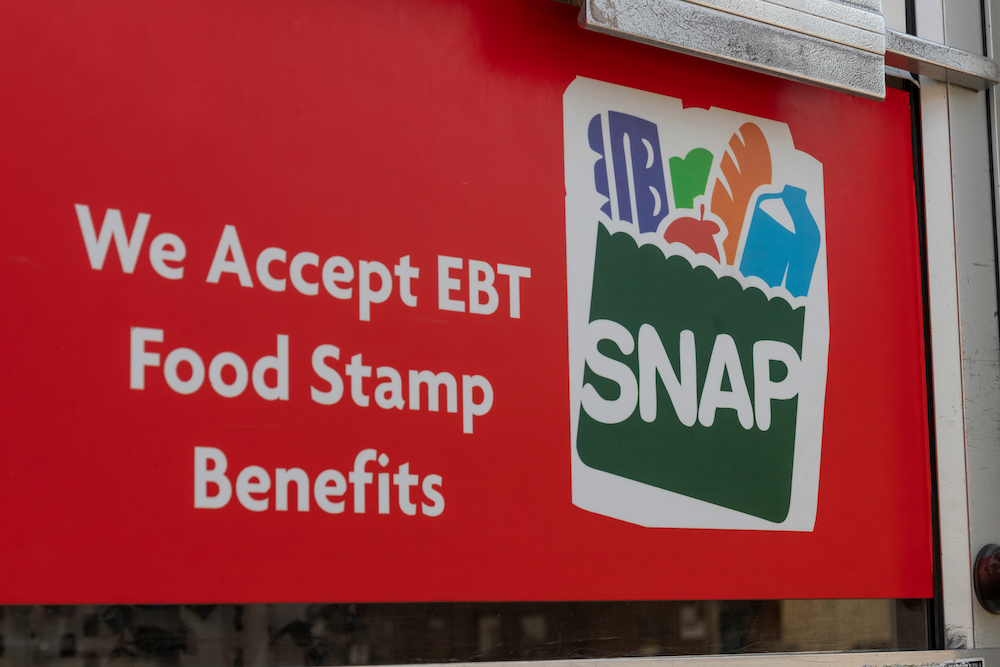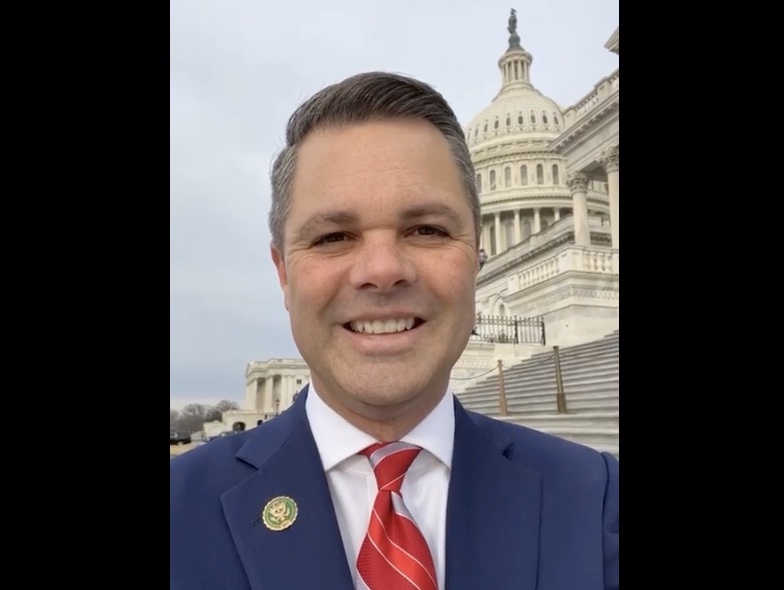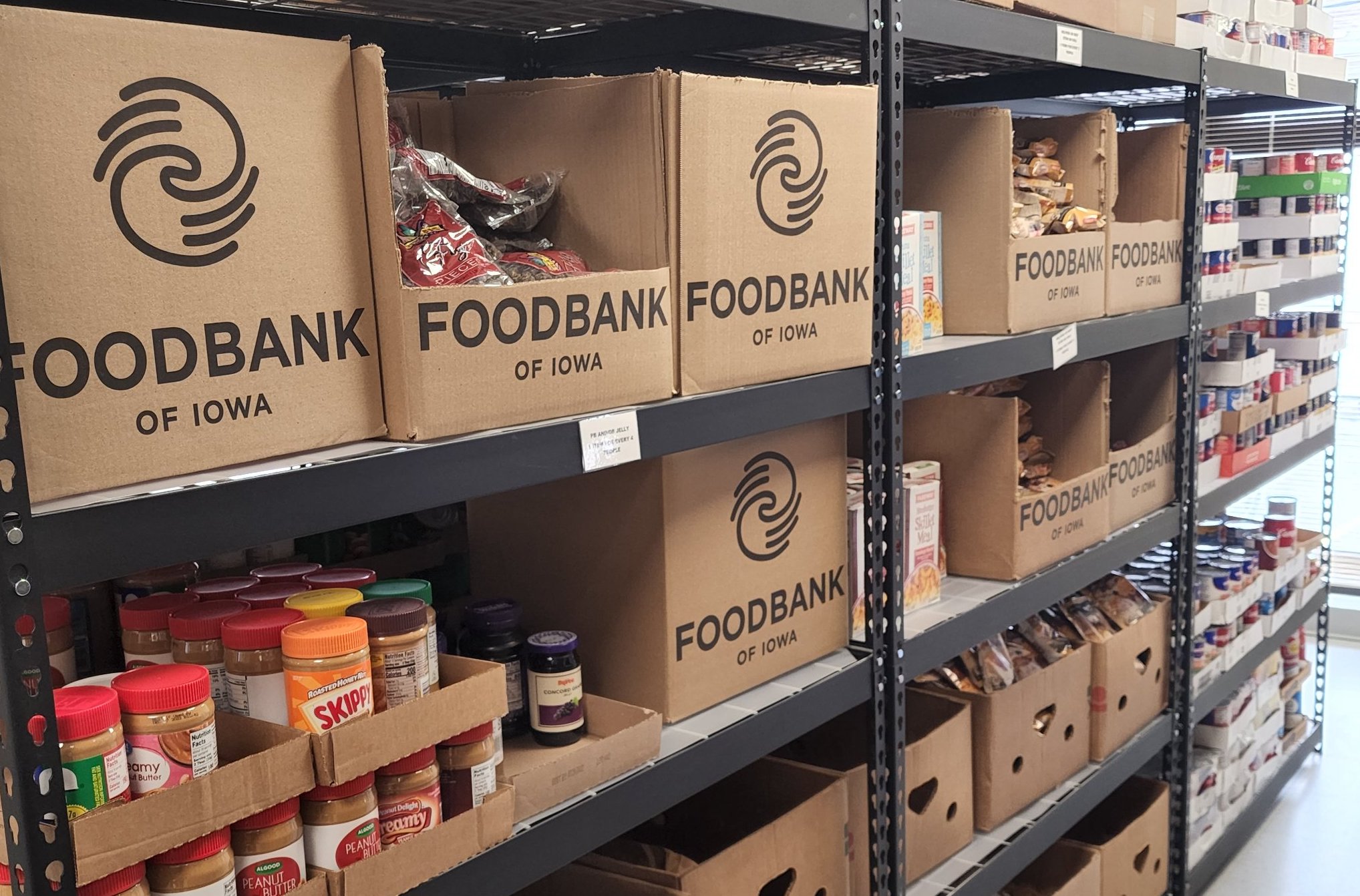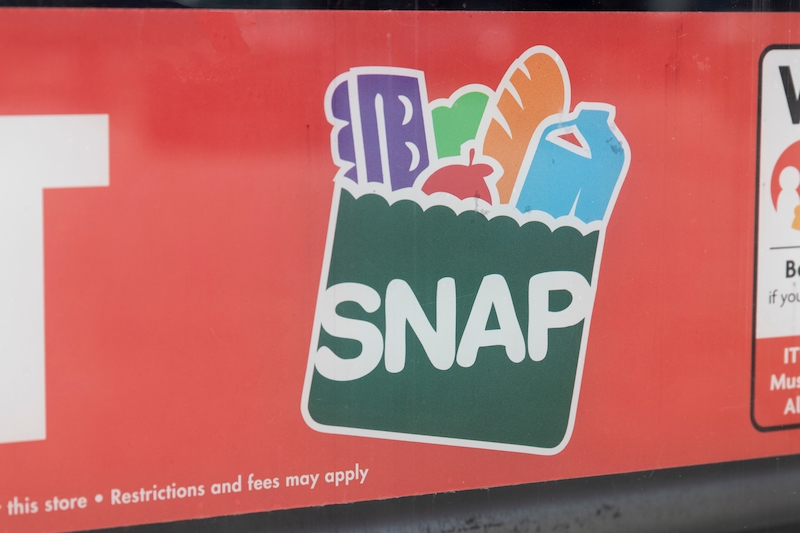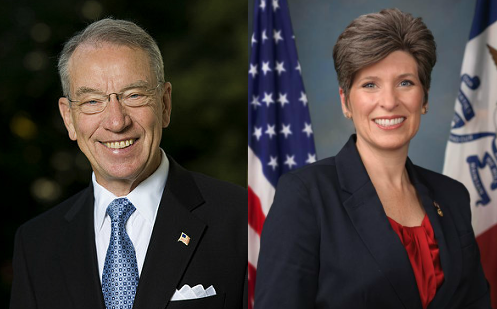What’s on your mind, Bleeding Heartland readers? This is an open thread: Some exceptionally sad news caught my eye recently:
A new investigation by the Associated Press and the USA Today network found that in the first six months of 2016, children aged 17 or younger “died from accidental shootings — at their own hands, or at the hands of other children or adults — at a pace of one every other day, far more than limited federal statistics indicate.” Alaska and Louisiana had the highest rates of accidental child shooting. A separate feature in the series focused on three incidents that killed two teenage girls and seriously injured another in Tama County, Iowa.
Government research on accidental gun deaths is nearly non-existent, because more than two decades ago, the National Rifle Association persuaded Congress to defund gun research by the Centers for Disease Control.
Meanwhile, the AP’s Scott McFetridge reported last week on the growing hunger problem in Storm Lake. The problem isn’t lack of jobs–the local unemployment rate is quite low–but a lack of livable wages. Iowa-born economist Austin Frerick mentioned Storm Lake and other towns dominated by meatpacking plants in his guest post here a few months ago: Big Meat, Small Towns: The Free Market Rationale for Raising Iowa’s Minimum Wage.
I enclose below excerpts from all of those stories, along with some good news from the past week:
The African-American Hall of Fame announced four new inductees, who have done incredible work in higher education, criminal justice, community organizing, and the practice of law.
Planned Parenthood marked the 100th anniversary of the first birth control clinic opening in the country on October 16. Click here for a timeline of significant events in the organization’s history.
Drake University Biology Professor Thomas Rosburg will receive this year’s Lawrence and Eula Hagie Heritage Award from the Iowa Natural Heritage Foundation. Rosburg is a legend among Iowans who care about native plants, wetlands, and prairie restoration.
Continue Reading...


